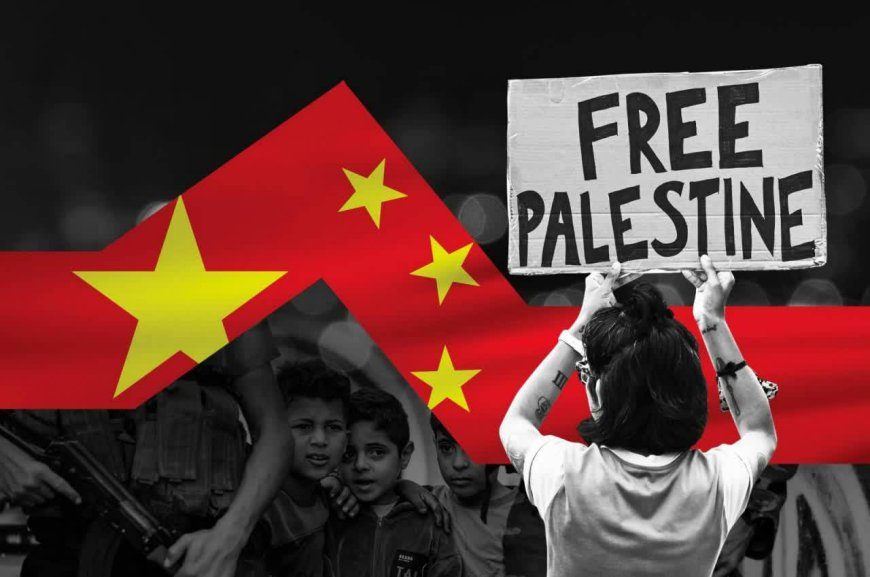Unleashing the Potentials for An Enduring Peace: China's Visionary Approach to the Palestinian Crisis

By: A. Yeganeh
In recent days, China has hosted 14 Palestinian groups, showcasing its burgeoning role on the global stage. This follows Beijing's initial efforts in May last year, when it convened a meeting between Fatah and Hamas officials aimed at fostering a rapprochement. These diverse Palestinian factions, despite their differing political ideologies, came together to discuss the future of their homeland, emphasizing the imperative of unity and the dissolution of factional divides. The concluding press release underscored the formation of an interim government of national reconciliation, a significant step following the Gaza conflict. This Chinese initiative, with its multi-faceted implications, warrants a closer examination.
China's assertive engagement in international developments underscores its strategic bid to cement its status as a superpower. In recent years, Beijing has assumed a proactive role in mediating critical global issues, such as facilitating dialogue between Iran and Saudi Arabia, maintaining a presence in Syria, and extending robust support to Russia amid the Ukraine conflict. This shift reflects a fundamental change in China's foreign policy, which has steadily entrenched its influence in international relations. China's intervention in the Palestinian issue, aimed at resolving a protracted conflict, exemplifies this evolving geopolitical strategy.
Moreover, China's competitive stance against the United States is evident in its approach to the Palestinian issue, a matter of significant international concern. By engaging in this high-stakes arena, China seeks to enhance its political leverage and gain an upper hand in its rivalry with the U.S. The Palestinian cause, central to global discourse and closely tied to America's strategic ally, Israel, presents a potent opportunity for China to assert its diplomatic clout. Successfully addressing the Palestinian issue could bolster China's credibility as a global peacemaker, enabling it to tackle other unresolved international conflicts in a similar vein.
China's economic strategy also plays a crucial role in its engagement with Palestine. Through the ambitious One Belt One Road initiative, Beijing has developed substantial infrastructure in neighboring countries, fostering economic dependencies. Extending this model to Palestine could transform the region into a vital conduit for East-West trade, offering economic rejuvenation for a war-torn Palestine while yielding significant financial benefits for China. The Israeli regime's stance on this development, given China's substantial investments in the occupied Palestinian territories over the years, remains a topic for future deliberation.
In essence, China's proactive involvement in global issues marks a significant departure from its historically economic-centric approach. This enhanced international presence not only amplifies China's diplomatic weight but also aligns with Iran's strategic activism, potentially strengthening the Eastern bloc's influence. Recognizing the interdependence of security and economic stability, China is prioritizing the former to ensure sustainable growth. The shifting dynamics of international relations, accentuated by events like the Al-Aqsa storm operation, underscore the increasing prominence of security considerations in shaping global policies.
China's evolving role in international affairs is an undeniable reality. By addressing critical security issues, China is laying the groundwork for future economic prosperity, reaffirming the notion that stability is the precursor to growth. This new era in international relations, shaped by China's strategic initiatives, heralds a transformative phase in global diplomacy.













































